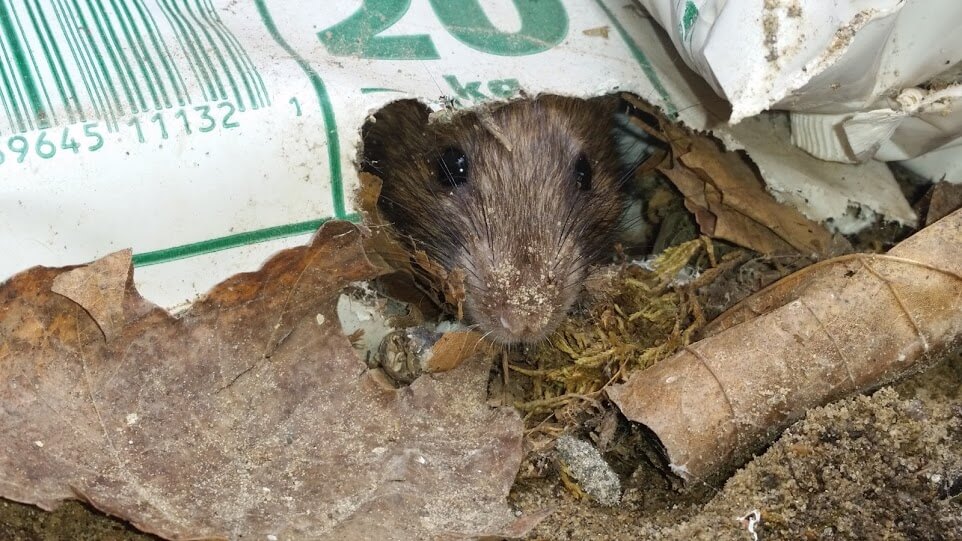While the majority of people have an appreciation and even affection for wildlife and nature, few people share such interests in rodents, especially rats. It is unfortunate that people would rather eliminate a species rather than learn about them because rodents are fascinating, especially when you think about colonies or even the characteristics of each species. Granted, you do not want an infestation in your home, but using humane wildlife control Waukesha is always preferable to DIY or terminal control methods.
When looking for ways to deter rodents, people often research odor-based deterrents, thinking that it is a humane and safe way to discourage rats and other species, but how effective is it? The remainder of this article will focus on the rat’s sense of smell and whether scent-based barriers affect their movement.
Rats Sense of Smell
Rats are incredibly sensitive to smells, but that sensitivity does not necessarily suggest a repulsion. A rat’s olfactory sense is sophisticated, differentiating between more than 2,000 odorants. Most people have a limited understanding of smell, thinking it only pertains to food or hygiene. For rats, the odor is more about information, defining social hierarchy, using the intensity, sequence, and combination of odors to determine behavior and safety.
With such sophistication of smell, does it make sense that odors can potentially repel rats, keeping them away from your home? Temporarily, maybe. There are odors that rats are not too keen on, like naphthalene and other chemicals; however, the amount needed to consistently keep rats at bay is toxic to humans. While other smells might work for a bit, a homeowner must ask themselves if odor is the best deterrent.
Adaptation and Odor
Because rats are small mammals, people often confuse them for being dumb, but that is not true. Most animals are smarter than people give them credit. Rats will avoid a smell for a time, but eventually, they will realize that the smell around your home does not mean danger; they can apply context to the situation.
Also, if your home is a consistent source of food, warmth, and potential shelter, the animals’ drive for nourishment and safety could overpower their drive to flee a scent. Odor, because of a rat’s adaptability and sense of self-preservation, will not work consistently or effectively, meaning homeowners should focus on other deterrent methods.
Property Deterrents
If you want to prevent an infestation of rodents, it is best to make your property uninviting, which means eliminating obvious food sources, shelter areas, and any other enticements. Many homeowners feed their pets outside or store pet food outdoors, encouraging wildlife to come for a visit. It is best to feed pets inside and store their food in tightly sealed containers indoors.
You should also focus on maintaining a clean yard. You want to clear away any yard debris like clippings, leaves, or dead branches. Also, if you have fruit trees or bird feeders on your property, be sure to clean up anything that falls on the ground.
Finally, keep bushes, shrubs, and tree branches cut away from your home. Rodents can use branches that are touching your home to climb brick or siding to access vulnerable entry points, like roof vents or chimneys.
Professional Help
While rats are some of the largest members of the rodent population, they are stealthy and can fit in rather small holes. A wildlife control professional is better suited to finding rodent entries than the average homeowner, meaning that if you suspect you have a rodent problem, you should call for help.
Do you suspect you have a rat problem? Our humane wildlife control Waukesha technicians can help. Contact Skedaddle Humane Wildlife Control and schedule a property assessment today!



